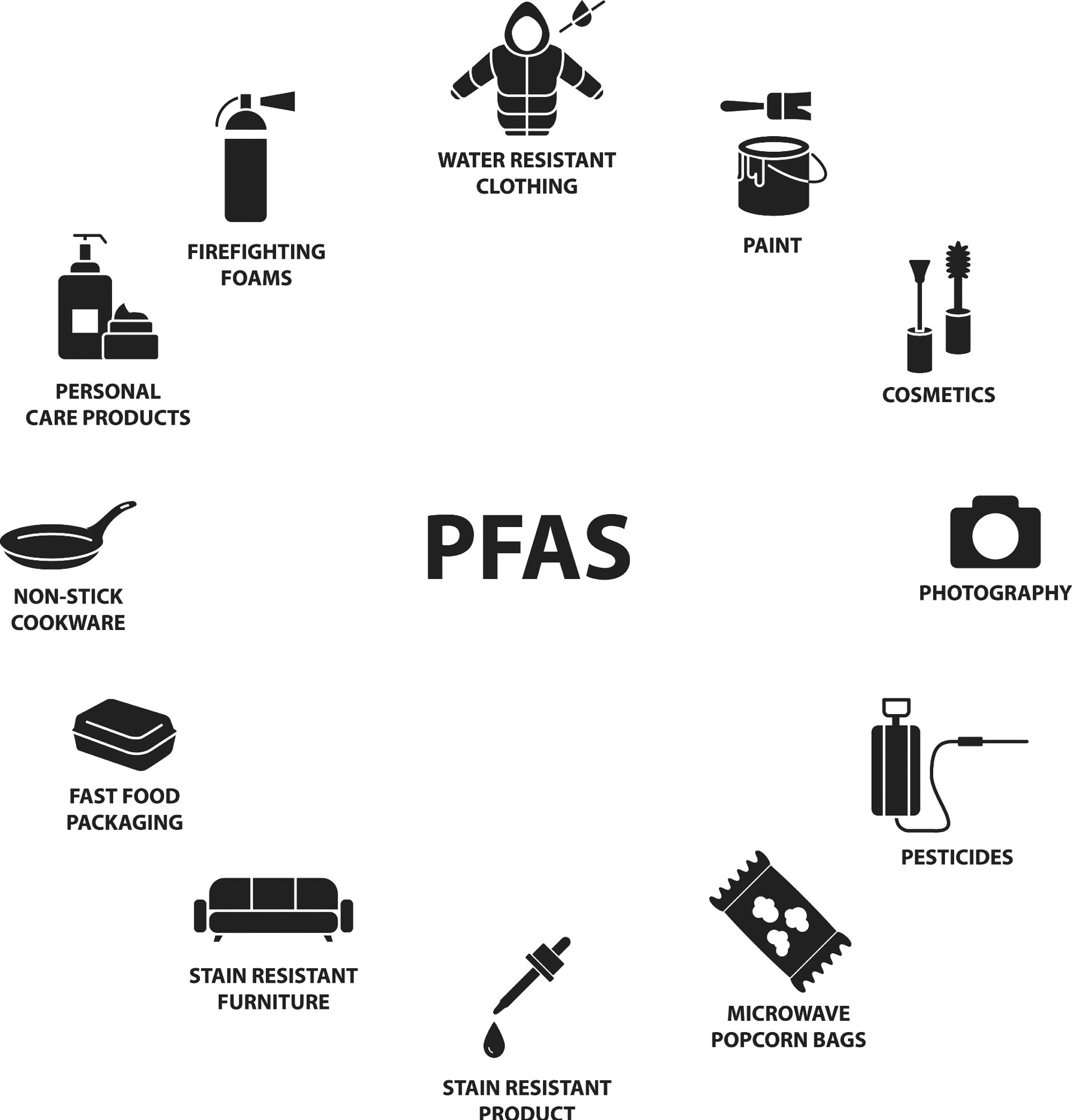In a world where mental health has taken center stage in our conversations about wellbeing, a recent study has emerged, casting a shining light on the potential of strength training as a beacon of hope for those battling depression. Published in Psychiatry Research, this groundbreaking study not only adds to the growing compendium of evidence supporting exercise as a supplementary treatment for depression but distinguishes itself by diving deep into the nuances of how specific aspects of strength training can amplify its antidepressant effects.
Depression affects 280M people globally as of 2019, remaining a top cause of disability.
Despite the arsenal of medications and psychotherapeutic interventions available, the quest for fully effective treatments continues, underscoring the importance of complementary strategies. Enter strength training, a form of exercise that, according to this recent meta-analysis of 38 studies, can moderately reduce symptoms of depression. The analysis meticulously details how variations in intervention duration, weekly frequency, and the structure of training sessions can significantly influence these therapeutic outcomes.
The brains behind this study, senior author Lucas Melo Neves, embarked on his postdoctoral journey in 2020 at the University of São Paulo’s Psychiatry Institute with a focus on exercise and brain health. This research symbolizes a culmination of efforts to bridge the gap in our understanding of how different elements of strength training contribute to its antidepressant effects. The selection criteria were stringent, focusing on adults diagnosed with major depression or experiencing subthreshold depressive symptoms while excluding those with other severe illnesses to isolate the effects of strength training on depression.

The findings from the analysis of 38 studies involving 2439 participants are telling. Participants who engaged in strength training witnessed moderate, significant improvement in their depressive symptoms compared to those in non-active control groups. Crucially, the study elucidates that the duration of the intervention, the weekly frequency of training sessions, and the specifics of these sessions, such as the number of sets and repetitions, play pivotal roles in determining the magnitude of the antidepressant effect.
Lucas Melo Neves shared with PsyPost, “The form of conducting the strength exercise is important. In other words, some characteristics of a program of strength exercises can potentialize have an antidepressant effect. Thus, doing strength exercises three times or more per week produces more antidepressive effects than doing exercises one or two times, and doing strength exercises with three or more sets of exercises produces more antidepressant effects compared to one or two sets.”
The study compared isolated strength training with strength training combined with other exercises.
The findings suggest that while strength training alone yielded a moderate and significant effect, combining it with other exercises did not significantly alter the outcome, spotlighting the unique potential of strength training as a standalone antidepressant strategy.
While this study paints a hopeful picture, it acknowledges certain limitations, such as the exclusion of variables like medication use, diet, and adherence from the analysis. “In our study, there was no comparison according to medication use, diet, and adherence, and some studies did not provide details about their training protocol,” Neves explained. Despite these limitations, the evidence tilts heavily in favor of strength training as a valuable tool in the battle against depression.
This study is part of a larger effort to acknowledge the healing power of exercise for mental health.
Professor Matthew P. Herring of the University of Limerick and Professor Jacob D. Meyer of Iowa State University, leaders in the field, emphasize resistance exercise training as a promising alternative therapy for anxiety and depression. They posit that resistance training can trigger beneficial physiological changes, including increased insulin-like growth factor 1, cerebrovascular adaptations, and potential neural adaptations facilitated by controlled breathing during exercise.
The versatility of resistance exercise training, encompassing a range of activities from using dumbbells and weight machines to bodyweight exercises, underscores its accessibility and adaptability. The principle of muscle hypertrophy, where muscles grow stronger and larger in response to being pushed beyond their normal intensity, lies at the heart of resistance training’s beneficial effects. Moreover, resistance training is not just about physical strength; it’s a critical component of a holistic approach to mental health, offering improvements in bone density, metabolism, and mental health, among other benefits.
As we continue to navigate the complexities of mental health treatment, the findings from this recent study affirm the critical role of strength training, not just for the body, but for the mind. It underscores the importance of a tailored approach to exercise, where duration, frequency, and specifics of strength training programs can significantly influence their effectiveness in alleviating depressive symptoms. With every lift, press, and pull, there’s not just the potential for physical transformation, but a step toward lifting the weight of depression from millions of shoulders.This breakthrough in understanding the link between strength training and mental health not only paves the way for refined exercise prescriptions but also brings hope to those seeking complementary strategies in their fight against depression.
Related posts:
Strength training has a moderate antidepressant effect
Resistance exercise may be the secret to relieving depression
Exercise as medicine for depressive symptoms? A systematic review and meta-analysis with meta-regression




